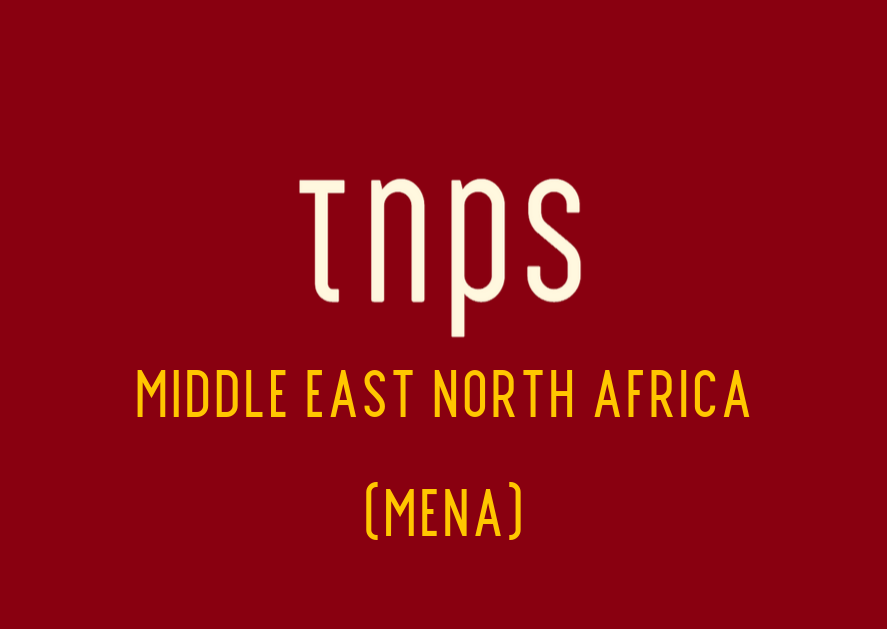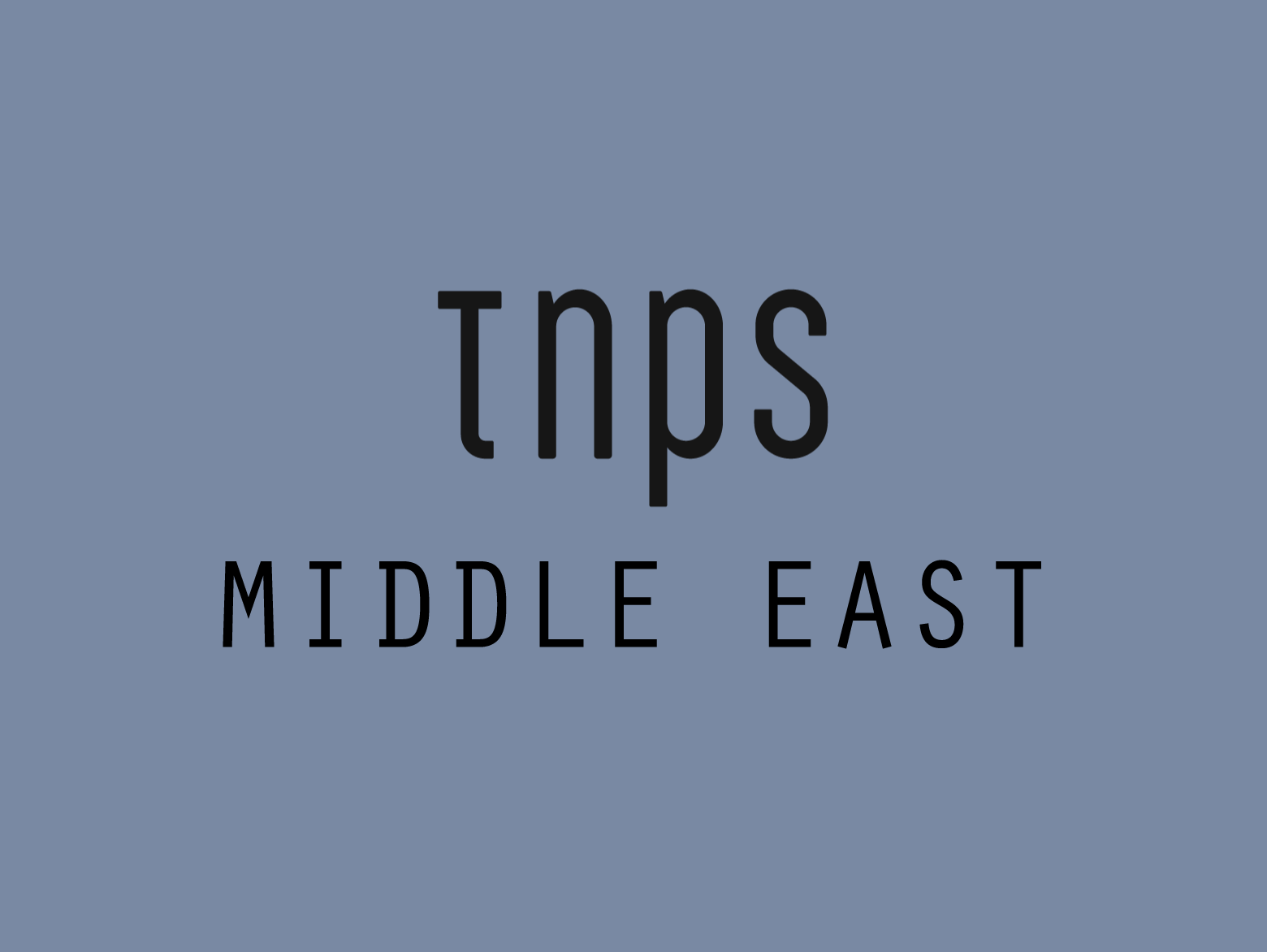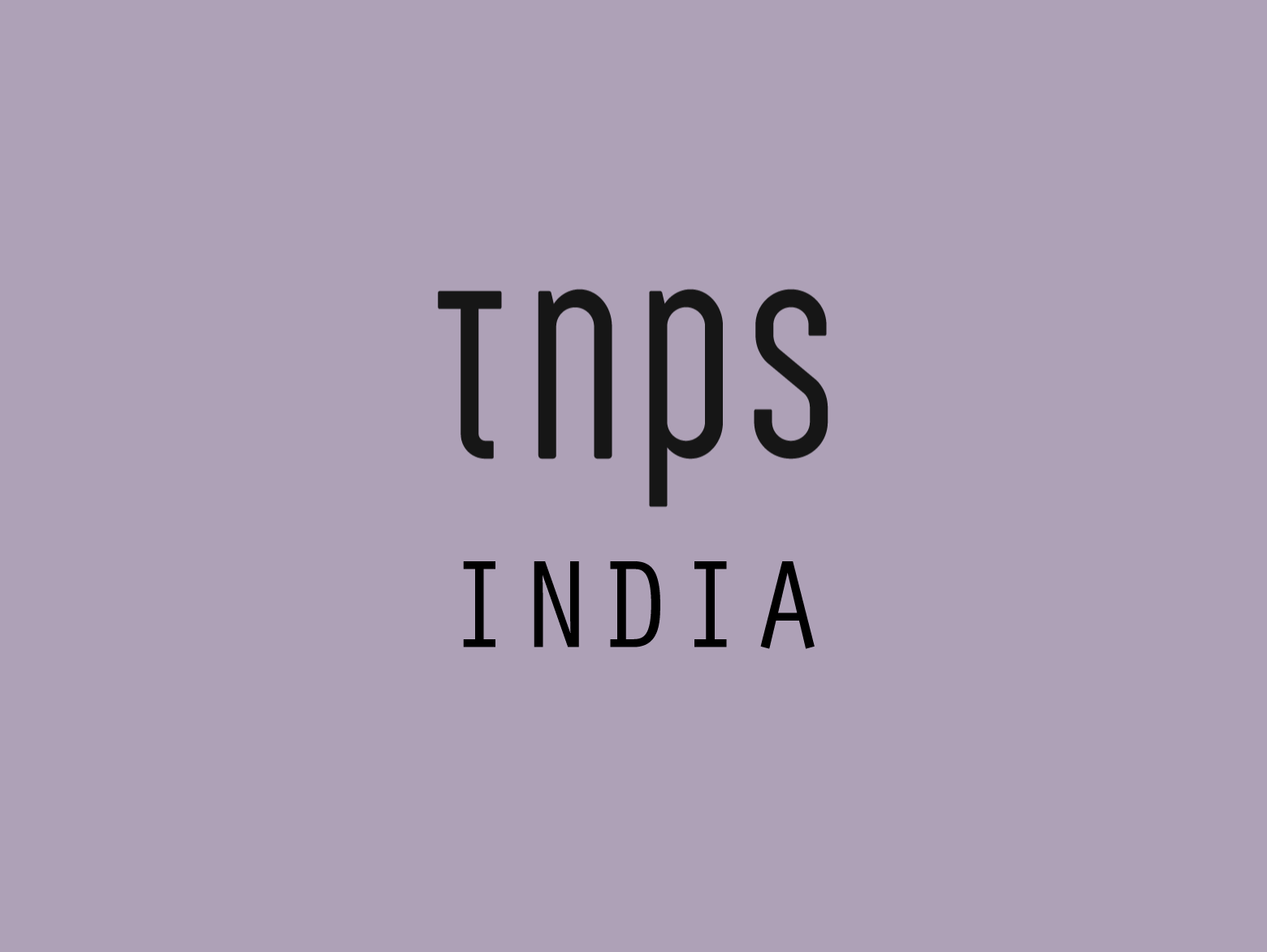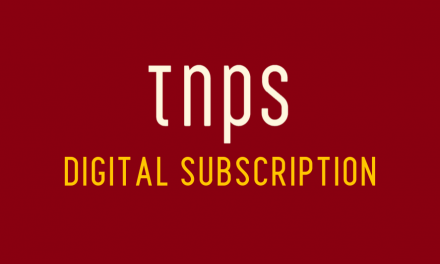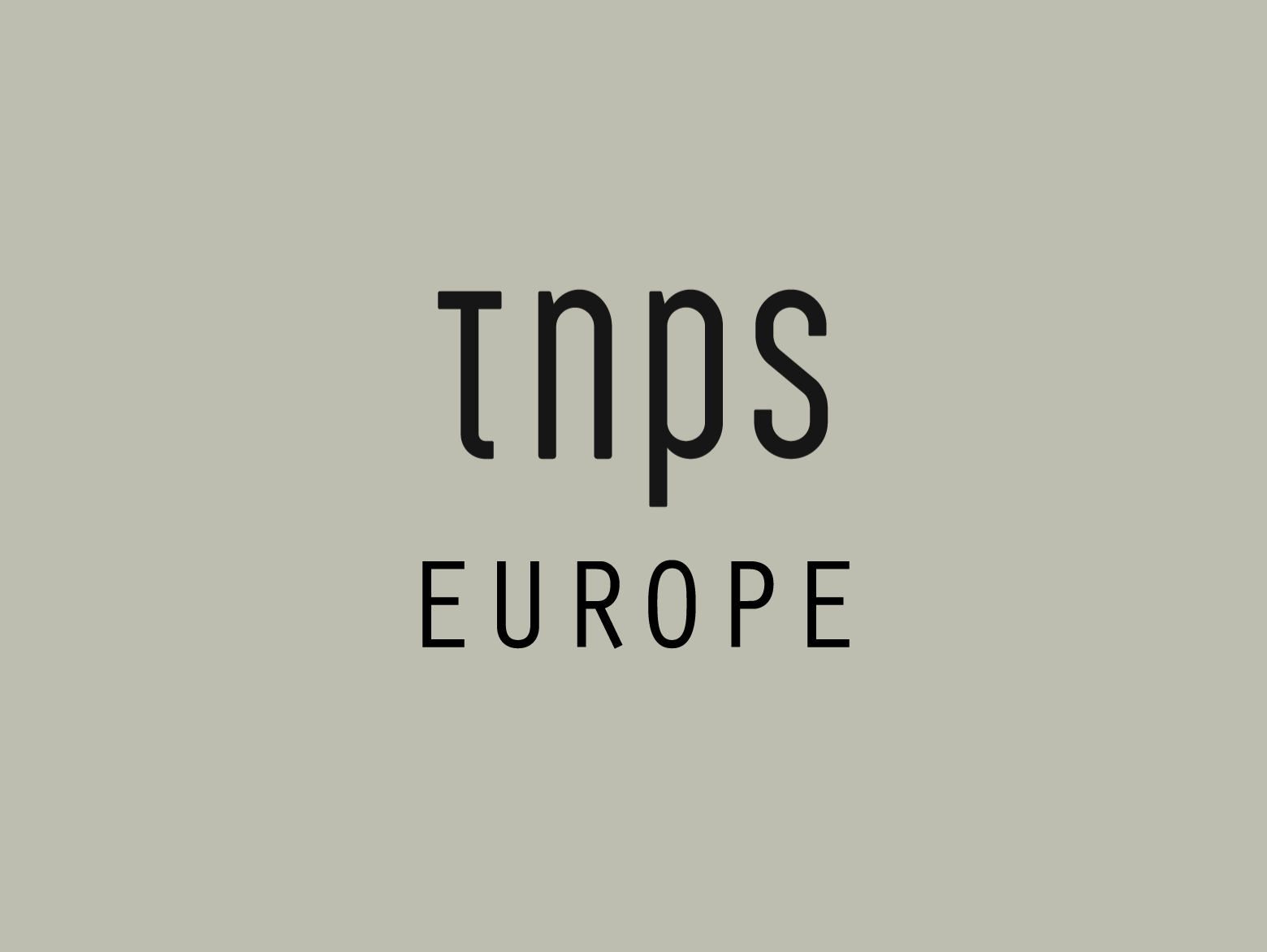But what an opportunity for smaller and more nimble publishers to partner with their Arab partners and bring Arab literature to the world and the world’s literature to the Arab reading public, while Mr Dohle frets about the failed bid to acquire Simon & Schuster in the US.
Imagine a typical western nation declaring that its book fair is the biggest cultural event in the country. With the exception of Spain, that just never happens. But in many Arab countries, year after year, the biggest cultural events are book fairs, witnessing turnouts most western book fair organisers can only dream of.
Kuwait is a case in point, although we could run off a long list of Arab nations where they same thing can be said. The UAE, Saudi Arabia, Iraq, Oman, Algeria and Egypt are among the MENA countries where any fewer than a million visitors would be considered a poor turnout. And for some of those a turnout below 2 million would raise eyebrows.
This week the Kuwait International Book Fair returns after a two-year Covid-driven absence, and while we can safely say Kuwait won’t be joining the million-footfall club, even so the event will be, as usual, the biggest cultural event in the country.
Kuwaiti Minister of Information and Culture, Abdul Rahman Al-Mutairi, opened the 45th Kuwait International Book Fair this week with an unequivocal declaration that the fair is “the largest cultural event in Kuwait.”
The 2018 incarnation attracted a crowd of 300,000, which compares well with the high-level footfall events in the UK or US, and becomes even more impressive when we factor in that Kuwait has a population of fewer than 5 million people.
This year 520 publishing houses (404 publishing houses directly and 117 other participations through an agency for publishing houses participating in the exhibition) from 29 countries including 18 Arab nations are present, with 230,000 book titles on show for this mainly public-facing event, where this year Italy is Guest of Honour.
The last Kuwait fair, was online back in 2020, and launched an online store for the first time.
It’s not clear (limited internet, even more limited Arabic) if the online store is back this year.
Often the Kuwait IBF has been mired in controversy, centred mainly around banned books, where Kuwait is among the Arab states that rigorously enforces its own rules, often at odds with the stance of other Arab states, let alone the west.
And sometimes the censorship got simply ridiculous.
Will censorship be an issue again this year? Very likely, yes. As we are seeing in Qatar right now with the World Cup, the more conservative Arab states tend to go their own way, regardless of the damage they do to their international standing.
But let’s not lose sight of the bigger picture here, encapsulated in the 2018 TNPS headline cited above. Leave aside the censorship for one second and re-read the second clause. In 2018 MENA – Middle East North Africa, here referencing the Arab states, not Iran or Israel – were on target to attract between 10-15 million visitors.
My internet isn’t up to trawling the TNPS archives for the final count, but from recall it clocked in at above 12 million.
That’s 12 million people attending Arab book fairs.
This year, with the Covid-adjustment, some fairs have been downgraded, or not happened at all, but in past weeks we’ve seen Saudi Arabia’s Riyadh fair clock one million footfall yet again, while the UAE’s Sharjah fair drew a crowd of 2.17 million.
Pre-Covid the Algiers International Book Fair (in Algeria for those seriously geography-challenged) would pull in 2 million or more visitors each year, but the March scheduled event this year could not keep up that pace. Hopefully the Algiers event will return to its November slot in 2023 and re-join the exclusive 2-million-footfall club.
But we should be in no doubt, even in these Covid-adjusted times, that Arabs Do Read. And we should also be in no doubt that they would read much more if their own publishers embraced the digital advantage to reach the millions not within easy reach of a meaningful bookstore, and if western publishers were to finally wake up to the exciting opportunity that is the Arab market.
But don’t hold your breath on the latter. Penguin Random House CEO Markus Dohle ventured into the Arab markets this year with a fireside chat with Bodour Al Qasimi at the Sharjah International Book Fair Professional Days event, where he made very clear it might take two generations before the region became a meaningful part of the PRH global strategy.
Big ships turn slowly.
But what an opportunity for smaller and more nimble publishers to partner with their Arab counterparts and bring Arab literature to the world and the world’s literature to the Arab reading public, while Mr Dohle frets about the failed bid to buyout Simon & Schuster in the US.

